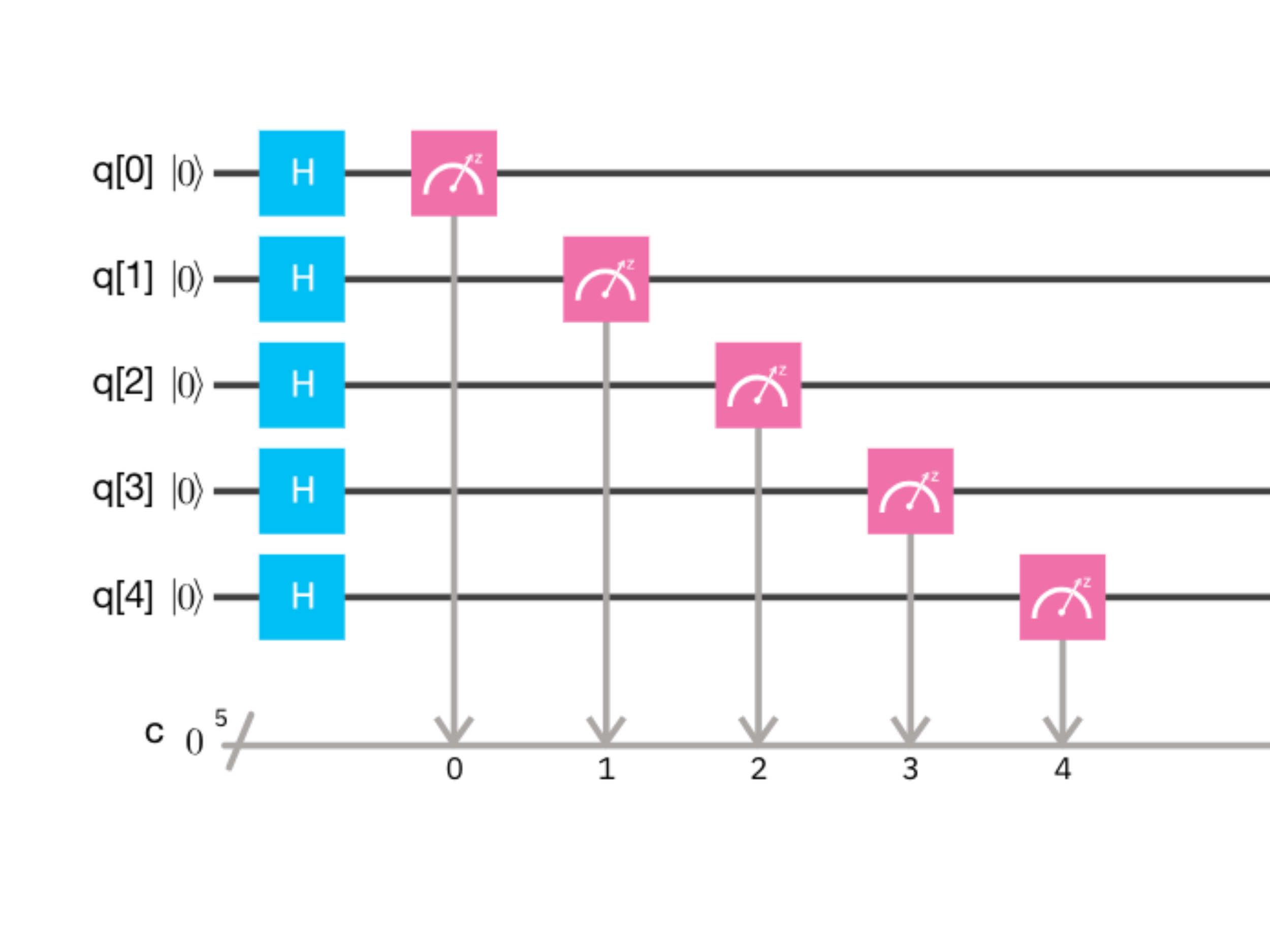
Prototype
Quantum-Computer-Random-Number-Generator
What if…
we were able to store more than just '0' or '1' in one bit?
Problem
What we call 'supercomputers' today are powerful machines with a lot of computing power. Nevertheless, all of our computers are bound to the inefficient binary format of encoding and processing data. No matter how fast we build our computers, we will always have to move masses of bits.
Solution
Quantum physics offers an alternative to the bit: The qubit. In contrast to the two states that a bit can map, the qubit can adopt an unlimited number of states. Thus, information can be processed in a completely new way and previously unsolvable problems can be overcome. IBM offers access to its experimental quantum computers so that we could perform prototypical calculations with them.
Challenges
The biggest challenge was that quantum computers work quite differently from regular computers. Problems were caused by available operations on the qubits, while the condition of the qubits cannot be read. Therefore the developer had to adopt a whole new way of thinking.
The Team
idea by Tarek Madany Mamlouk
Lars Reith (Team X)





